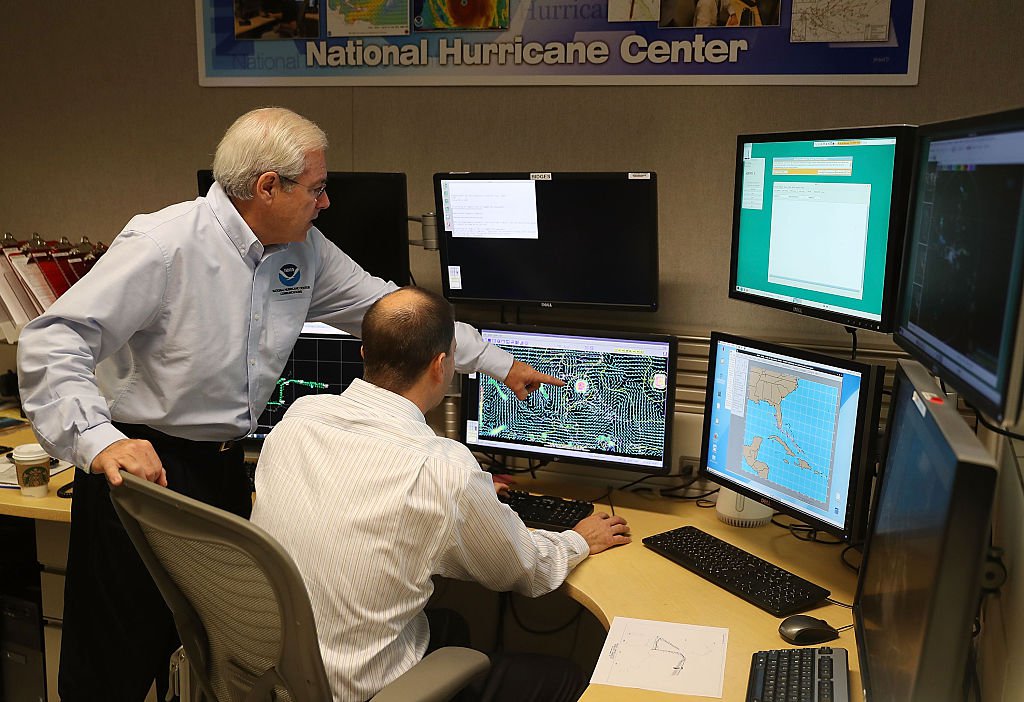Value of Science 101: What Is “Value”?
What do economists mean by value, and how do they think about the value of information?
What Is Value?
Simply put, things that have “value” are useful to you, improve your situation, or simply make you happy or more secure. An apple, a pet dog, a glass of clean water, and a walk on the beach are all things that may have value to someone.
In some cases, this value can be expressed in monetary terms. Goods purchased in markets, such as food or a new car, carry prices, which are indicative of the item’s value to you.
However, value need not be expressed only in monetary terms. For example, your situation or mindset can be improved by spending time with friends and family. This experience has value even if you don’t necessarily pay a specific price to receive it.
How Do Economists Think about Value?
Value in economics is essentially the same thing—it is generated by something, usually a good or a service, that individuals, companies, or society use or receive as a benefit.
There is often a misconception that economists only assign value to things that are purchased in markets, such as commodities, services, and labor (wages). But economists have a much broader interpretation of value. For example, economists have estimated the value of improved water quality for recreational anglers, an additional year of schooling, global damages avoided from reductions in greenhouse gas emissions, and preserving threatened and endangered species.
Quantifying the economic value of these “non-market” goods and services improves our understanding of how individuals, companies, or society as a whole benefit from these goods and services. But beyond that, these values inform significant decisions—such as how much to limit various types of pollution or how much to subsidize technological innovation. Both types of activities have value that deliver both market and non-market benefits to society.

Why Do We Sometimes Express Value in Monetary Terms?
Value can sometimes be expressed in monetary terms. For example, paying a fee to enter a national park provides an indication of the value that people place on using that national park.
However, many environmental goods and services do not have an established monetary value or price. We don’t typically think of having to pay a fee for things like air quality. Many economists therefore study how to place a monetary value on things that would not otherwise carry a monetary value. This allows us to compare the values of things that are otherwise difficult to compare.
One reason for expressing value in monetary terms is to examine the benefits and costs of a particular policy decision. When we face a decision with a range of choices, this approach helps us determine what to prioritize.
For example, consider the decision of a government official who has a limited pot of funds to spend on a project that will improve access to early childhood education or a healthcare initiative that will promote preventive care, but not both. The official would like to spend the funds on the option that yields greater societal benefit.
In this case, having monetized estimates for the benefits of each of these options can help the official arrive at a decision. She could compare the dollar value of enhanced future wage earnings by children who receive additional years of schooling thanks to the early childhood education project to the dollar value of avoided healthcare costs that would materialize from greater uptake of preventive care thanks to the healthcare initiative.
Quantifying the benefits of each option in monetary terms allows the official to turn an apples-to-oranges comparison into an apples-to-apples comparison.
How Do We Place a Value on Projects, Programs, and Policies?
When considering the value of a project, program, and policy, economists think in terms of “costs” and “benefits.”
Costs are the things that have value that individuals, firms, or society as a whole give up to implement the project, program, or policy. They may include, for example, salaries for scientific researchers, the cost of installing air pollution control technology at a power plant, or investments in satellite sensors for weather forecasts.
Benefits are the things that have value that individuals, firms, or society as a whole receive as a result of implementing the project, program, or policy. So, for example, benefits could include lives saved thanks to the discovery of a drug or decreases in respiratory illnesses due to improved air quality.
How Do We Place a Value on Information?
Projects and programs that produce new information can also yield societal benefits. On a smaller scale, think of the value of knowing the traffic you will encounter on a route that you’re driving. If you know that there is heavy traffic, you can save time by delaying your travel or picking an alternate route. This information is valuable to you in that it saves you time (and potentially frustration). It has improved your situation (and potentially your mood).
More generally, the value of information can be described as the improvements in the outcomes that matter to people and the environment that result from making better decisions.
The ability to have reliable and readily available information can be extremely valuable in many contexts, particularly for decisions that rely on Earth science information. Economists have quantified the benefits that arise from the use of Earth science information in decisions in contexts as varied as agriculture, mining, climate policy.

The VALUABLES Consortium
The VALUABLES Consortium provides tools and resources for Earth scientists who are interested in learning more about and working on these types of interdisciplinary studies. The consortium is also dedicated to producing studies that investigate how people use improved information to make decisions and quantify how these decisions improve socioeconomically-meaningful outcomes such as lives saved or resources conserved.
VALUABLES focuses on quantifying socioeconomically meaningful benefits. These are the benefits that matter to people and the environment. Examples of metrics for these benefits include number of lives saved, percent increase in firm profits, acres of forest conserved, percent increase in crop yields. Some outputs of Earth science projects that VALUABLES does not consider to be socioeconomically meaningful benefits are peer-reviewed publications, improved understanding of a human or natural system, number of individuals trained through workshops. These project outputs may inform decisions in such a way that socioeconomically meaningful benefits materialize, but they are not socioeconomically meaningful benefits in and of themselves.
Learn more by exploring the consortium’s tools and resources for Earth scientists and relevant studies. To be notified about future posts in this series, sign up to receive emails from the VALUABLES Consortium and follow us on Twitter at @RFFvaluables.
Authors

Justine Huetteman





